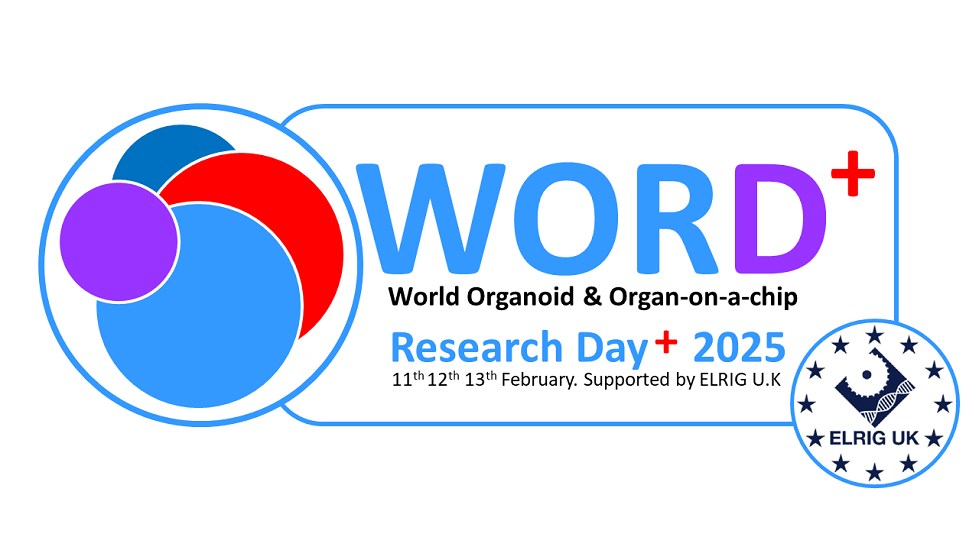Authors
K Paterson1; R Mellin1; A Sim1; M Zagnoni1;
1 ScreenIn3D Ltd,
Overview
Combination therapies are superior to monotherapy for treating many cancers. An increasing interest in precision treatment of cancer patients has highlighted the need for microfluidic technologies capable of maximising the generation of 3D tumour models from the small cell quantities contained in needle biopsies.
Introduction
We have developed a versatile MPS platform for high quality and multiplexed efficacy screening assays on spheroid co-cultures, organoids and primary tumour fragments (tumoroids). When using cell suspensions, hundreds of 3D models are created within 24-48 hours within a microfluidic cell culture array. When using tumoroids, these are seeded directly into the array according to their size.
Methods
The platform is designed for self-generation of multiple drug concentration gradients, offering a unique system to miniaturize drug combination studies using patient’s tissue and, at the same time, creating cost-effective and fast immune-oncology assays. Readouts, such as the model volume, phenotype and viability, are generated from image analysis prior to tissue retrieval, using epifluorescence or confocal microscopy.
Results
Example screens: 1) human prostate biopsies were grown for the screening of clinical therapies on thousands of 3D multicellular structures; 2) 3D co-cultures of several cell types were optimised in our platform to mechanistically study responses of the tumour microenvironment; 3) CAR-T cells were used to assess their target specificity and cytotoxicity in 3D tumour-stroma co-cultures; 4) ovarian tumour tissue fragments and colorectal biopsies were cultured for precision medicine studies.
Conclusion
These examples show the screening capabilities of our technology and especially its potential for extensive drug combination studies and precision medicine applications. Ultimately, the power of miniaturising combination studies on tumour microenvironment- (TME) relevant patient derived models has significant opportunities to produce faster and better preclinical data.

